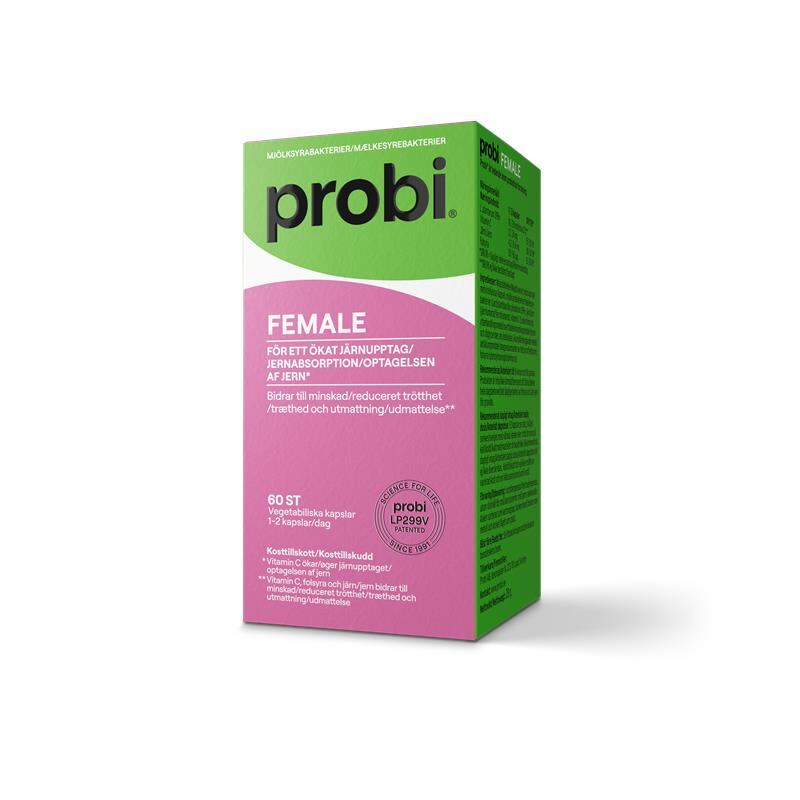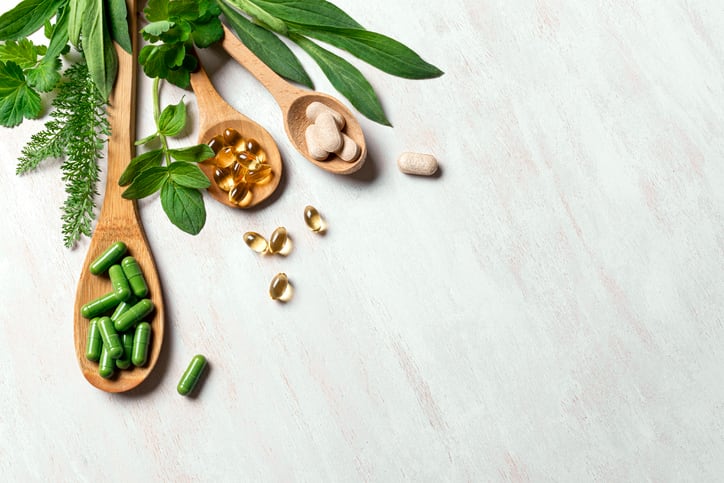HBC is a fully integrated salmon business that upcycles the side streams of salmon farming and converts waste products into ingredients to improve human and pet health.
In September, the company appointed Paul Bruhn as its Head of New Business Development. He has over 25 years of experience in the healthcare and medical nutrition space spanning Novartis Medical Nutrition and Nestlé Health Science.
Currently, HBC’s portfolio consists of three products—ProGo, a mix of bioactive peptides and collagen; OmeGo, a fish oil comprising the full spectrum of fatty acids and omegas found naturally in fresh whole salmon; and NT-II, a powder made from salmon bone that contains calcium hydroxyapatite and undenatured type II collagen.
“HBC is not a new company, so the key now is to build awareness around our product differentiation” Bruhn told NutraIngredients. “I’m unlocking doors to understand where our products have the most value. The company has a network of distributors, and working with them is crucial to make sure our products are brought to the right customers and consumers around the world.
“Based on my knowledge of the industry and Vitamins, Minerals and Supplements (VMS) manufacturers, I’d apply that experience to bring it all together,” said Bruhn.
He added that it is important to show that the differentiation between HBC’s products and existing ones on the market is meaningful enough for its partners and distributors to buy into them.
“For instance, we want to make sure people understand how OmeGo is not only a full-spectrum fish oil—compared to EPA products (omega-3 supplements that are rich in eicosapentaenoic acid)—but also how its processing differs from the usual way of making omega-3 and omega-6 products prevalent in the market.”
Other points of differentiation that Bruhn believes are vital to raise awareness of include HBC’s scientific backing and sustainability impact.
In terms of strategies, the company is working to provide distributors with tools, access and knowledge, as well as participating in global trade exhibitions, such as Vitafoods, where industry players across the supply chain are gathered at one location.
“It is important for us as a company to get the messaging right, and ensure that the science and differentiation are well understood by our distributors, who can then pass on these knowledge to our customers and consumers.”
Standout features
With scientific evidence as a priority, HBC has established academic partnerships and identification of unique health benefits of its products.
This includes ProGo’s ability to elevate iron metabolism by boosting uptake in the body, contributing to increased energy and vitality, as well as its activation of the GLP-1 receptor with fat reduction in overweight adults.
Additionally, OmeGo demonstrated immune health benefits, including recovery from viral infection, and improved respiratory health and sleep in adults troubled by particulate matter pollution, while CalGo has shown both bone and joint health benefits to support healthy ageing and active lifestyles.
These findings have resulted in the granting of several patents and discovery of potential therapeutics, leading to a spinoff biotech-focused firm called HBC Immunology (HBCI), whose lead programme is in prostate cancer followed by ovarian cancer.
According to Bruhn, there will be more studies conducted to bolster the clinical evidence behind HBC’s products.
Another standout aspect is said to be the company’s focus on sustainability and traceability.
“Typically, when you’re producing salmon for human consumption, two-thirds of the salmon is for that, and one-third is thrown out. However, HBC takes that one-third, which we have access to, and processes it with patented technology to produce three types of ingredients,” Bruhn said.
“As we are using the whole fish, nothing goes to waste. We’re tracing it right back to the source as well, so it has a very good sustainability impact.”
Market opportunities
ProGo, OmeGo, and NT-II have been incorporated into VMS products by companies around the world, and Bruhn is excited about their potential for medical nutrition going ahead.
As for market opportunities, he said that some of the biggest markets for VMS are in Asia-Pacific, such as China and South Korea.
“Australia is also a top market in the world for VMS, and Vietnam is becoming a large market and experiencing good growth,” he said.
“In most of these markets, fish oil is among the top three categories. Collagen is well known in Korea for beauty, but we see the benefits in joint and bone, particularly with our product. Healthy aging is a hot topic everywhere and especially in these markets, so having that joint and bone health benefit is important for the elderly population.”





